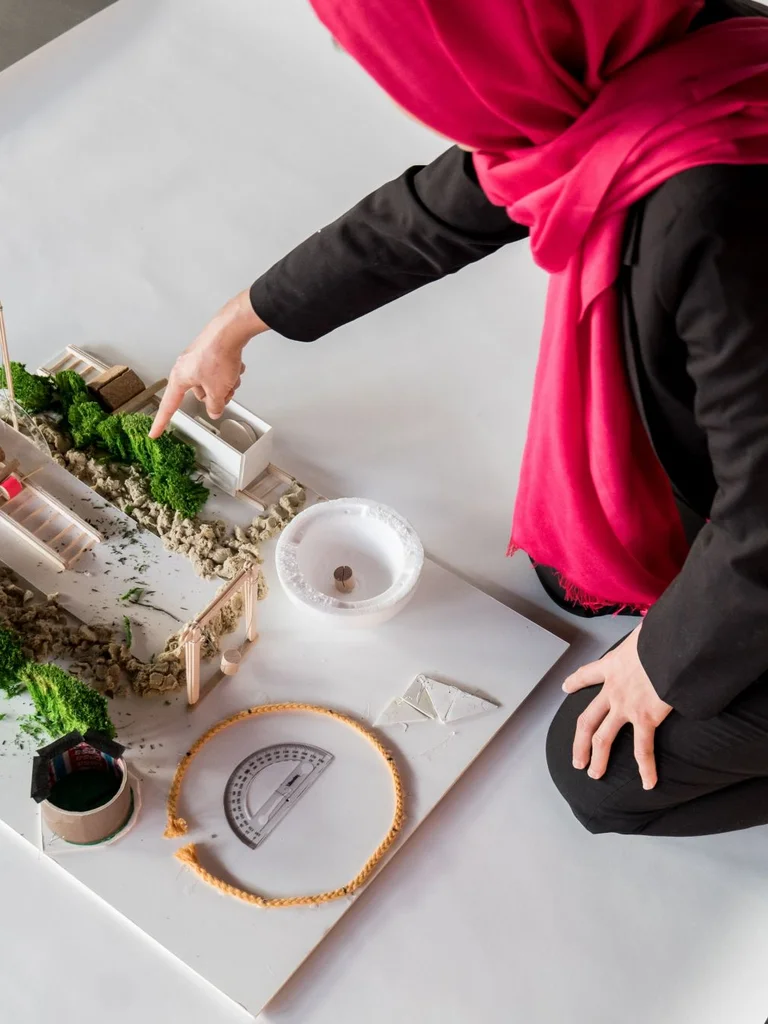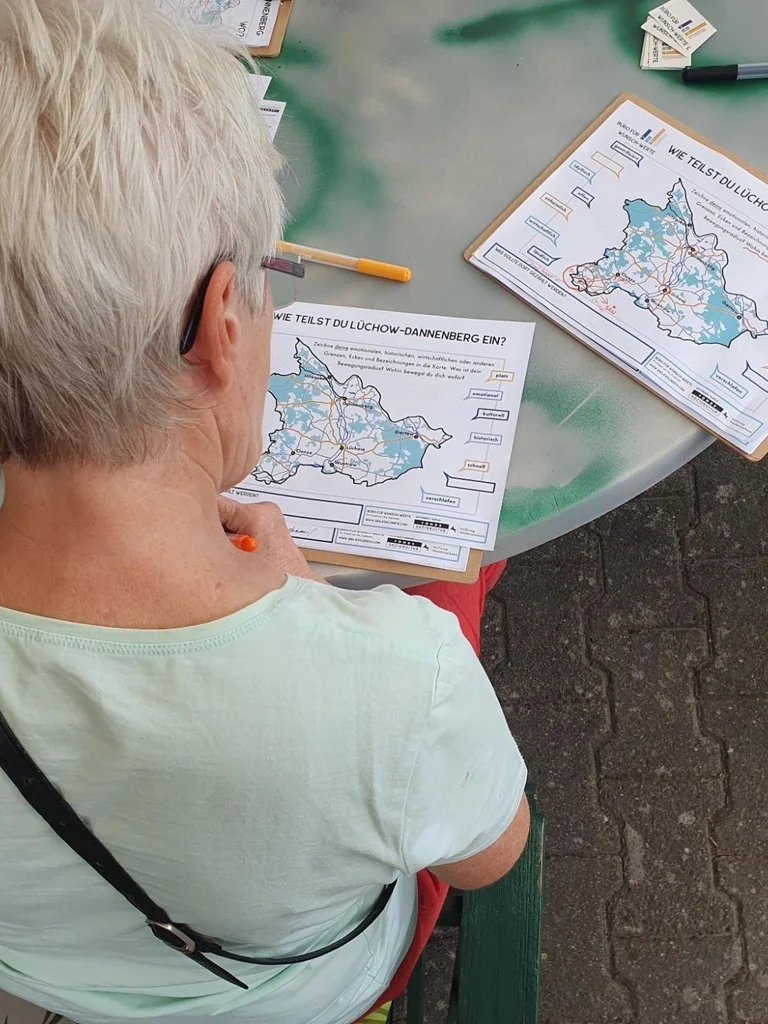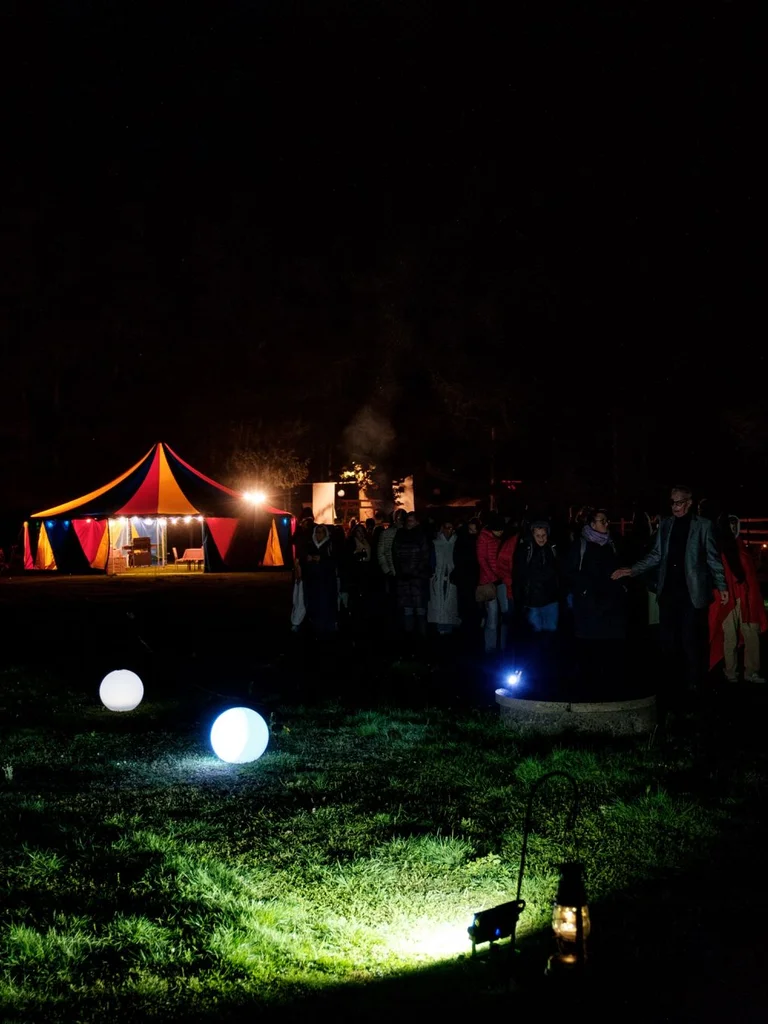In its ‘General Project Funding’ programme, Fonds Soziokultur supports specific socio-cultural project ideas. Funding is provided for temporary projects that involve local people as active participants in the conception and realisation of the project and address a socio-political or social issue using cultural methods. We are looking for the best project concepts, brave ideas and innovative formats with a model character. Our funding programmes are based on our funding keypoints and are subject to the approval of funding by the Federal Government Commissioner for Culture and the Media (BKM).
You can find all the important information you need before submitting an application, after approval or at the end of the project here:



